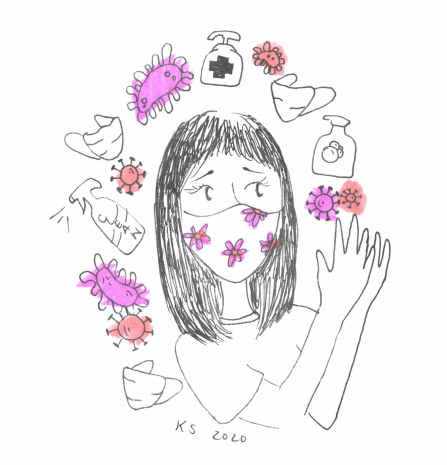
Enter the bathroom. Elbow press the light switch on. Wash hands. Elbow press the light switch off.
Rinse. Repeat. 40 times a day.
This was my routine for a long time as a kid. My hands would bleed, and I would get so frustrated because the compulsion was never satisfying for long. Compulsions, as some describe them, feel like scratching an itch . When compulsions trigger me, it feels like an alarm going off and I am only able to silence it once I’ve completed the compulsion. You know that alarm your car sounds when you haven’t put a seatbelt on? It’s very that: not loud, but annoying and persistent. For example, when I touch a surface that feels dirty (not necessarily physically dirty, but something my brain has deemed contaminated), the compulsion to wash my hands kicks in. I become very aware of my hands and what they touch, and I am unable to think or do very little until I am able to wash. “OK!” you shout at the dashboard, and finally fasten your seatbelt. Ahh, peace and quiet. And just like the peaceful silence after you put your seatbelt on, washing my hands quiets the pesky alarm.
This “alarm” would sound off over and over throughout the day as I would necessarily touch things around the house or at school, resulting in obsessive hand washing. Sometimes, especially in the colder months, I would have to sleep with lotion-filled socks duct-taped around my wrists so my raw, cracked skin could have a break and be soothed overnight.
Eventually, hand washing and refusal to touch light switches gave way to obsessive thought patterns. The repetition of these intrusive, painful thoughts brought on anxiety, depression and eating disorder behaviors during my teen years. At age 16, I went through an outpatient therapy program in an attempt to treat the symptoms. I was diagnosed with Obsessive Compulsive Disorder (OCD).
OCD manifested differently throughout my life, and I’m not unique in this. Some of the more magical thinking scenarios — such as if I didn’t hang my clothes in the closet in a very particular way, it would cause illness and death of a family member — have mostly gone away in my transition to adulthood. In its wake, obsessive thoughts about my performance at work, or about my appearance, or checking the door locks in my house three, four or even five times until I feel that they are satisfactorily locked, have manifested.
OCD has always reared its ugly head in ways that marked many moments in my life. Moving out on my own meant compulsive checking of locks, stove dials, and repeatedly ensuring candles were blown out r before my brain would let me leave the house. I frequently had to turn around after I left home because I thought I left that candle burning (that I’d already confirmed was blown out) and my entire house would burn down. My compulsions and obsessive thoughts grew up with me, borne out of the responsibilities and pressures that come with the various stages of life.
My obsessive hand washing has returned in the COVID-19 era. Fear of contamination in people with OCD lends itself to anxiety about contracting illnesses and causing harm to others. Fear of touching surfaces contaminated with germs, public spaces or touching others are all tells of this OCD subset. These contamination obsessions often result in compulsive hand washing, avoiding public spaces, fear of poison in food, and seeking reassurance from others that they are OK.
The actual widespread threat of contamination as a result of the COVID-19 pandemic inflames OCD behaviors for many such as me. Dr. Debanjan Banerjee recently wrote an article about the worsening of OCD symptoms during the COVID-19 pandemic. Dr. Banerjee notes that hoarding of supplies, prompting of family members to adhere to strict hygienic measures, fear of the virus existing on any and all surfaces, and excessive hand washing can worsen for people with OCD during stressful periods — like this pandemic . When it comes to hand washing, it’s not only washing more frequently, Dr. Banerjee writes, but washing properly and for longer per CDC guidelines. He notes, “The importance of ‘proper’ hand-washing steps as per recommendations: can add to a ritualistic pattern.” Hand washing during this pandemic has gone from functional to obsessive.
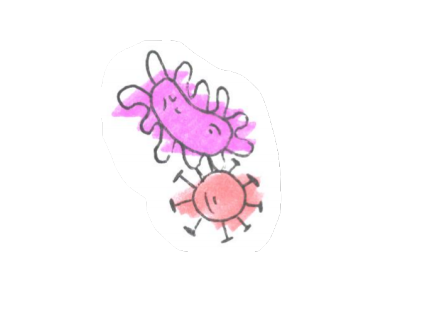
In the midst of nationwide shelter-in-place orders, OCD has transformed my home into hostile territory: a perceived breeding ground for the virus. Preparing and eating meals has become especially problematic. Open fridge, wash hands. Open food packaging, wash hands. Touch a cupboard handle, wash hands. Grab plate, wash hands. Close food packaging and return it to the fridge? You guessed it: wash hands! Within the time that it takes to make a meal, I have washed my hands six to seven times before I can eat. I wash my hands again once or twice before eating. But it’s not just hand-washing. It’s a daily combination of the symptoms Dr. Banerjee mentions, and more. I’m afraid of things, and other people. When I’m walking the dog, my head is on a swivel as I try to avoid neighbors walking by — my heart skips when someone without a mask turns a corner. When work requires me to be out in public, I spend weeks in fear waiting for symptoms to appear.My nightmares are filled with accidental interactions with people not wearing masks. OCD is frustrating and it’s lonely. Nowhere feels safe — not even my subconscious.
And yet, while I feel isolated and over-reactive most days, this may be the first time in my life where I don’t feel that my obsessions and compulsions are completely asinine. In fact, perhaps, OCD manifests in ways that attempt to be life-preserving.
Talking about my OCD, my compulsions and my obsessive thoughts has always been therapeutic. I think being honest with the toll this pandemic has taken on my mental health may grant others the clarity that they are not crazy and that they are not alone. I have also found it healing to seek help during this time. If you are struggling , I wish you the strength to reach out for help and the tolerance to be patient with yourself if you’re not quite ready to reach out.
I am reminded that I am only able to carry out these rituals because I have access to resources that others may not have: food, a place to live, cleaning supplies and a job. My OCD is imbued with privilege,This realization helps to ground me when I begin to spiral.
I find something comforting and comical about being a generally rational human being and wrestling with the absurdities that OCD plants in my head and compels in my actions. I encourage you to laugh with me — we could all use it right about now.




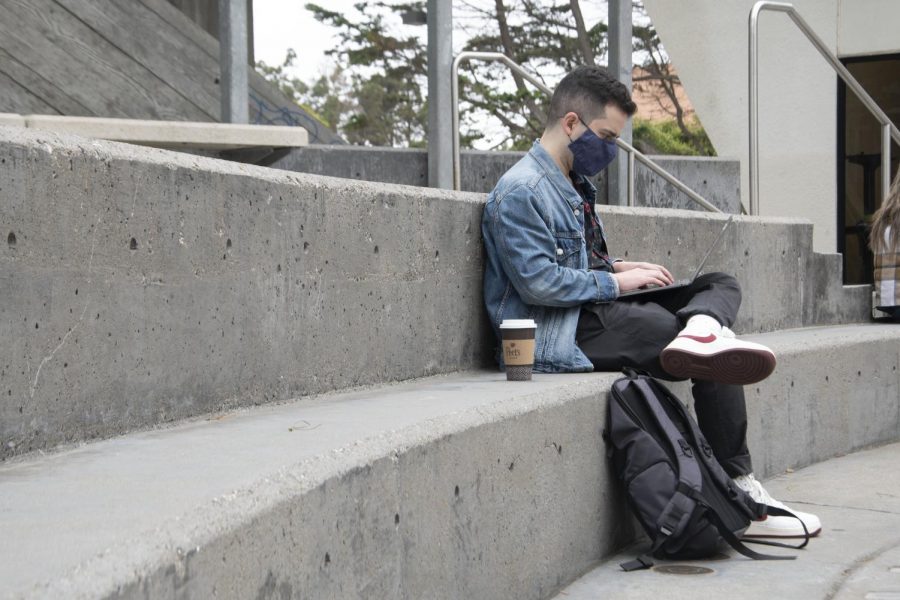
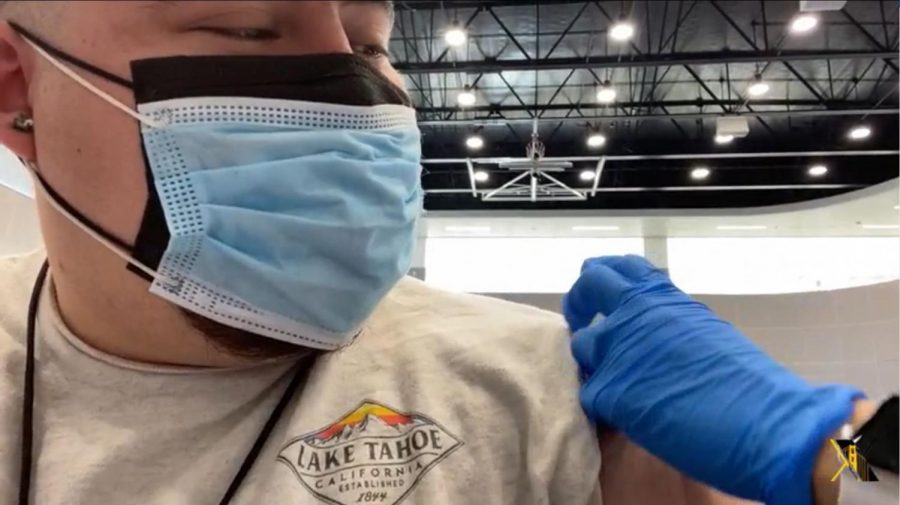
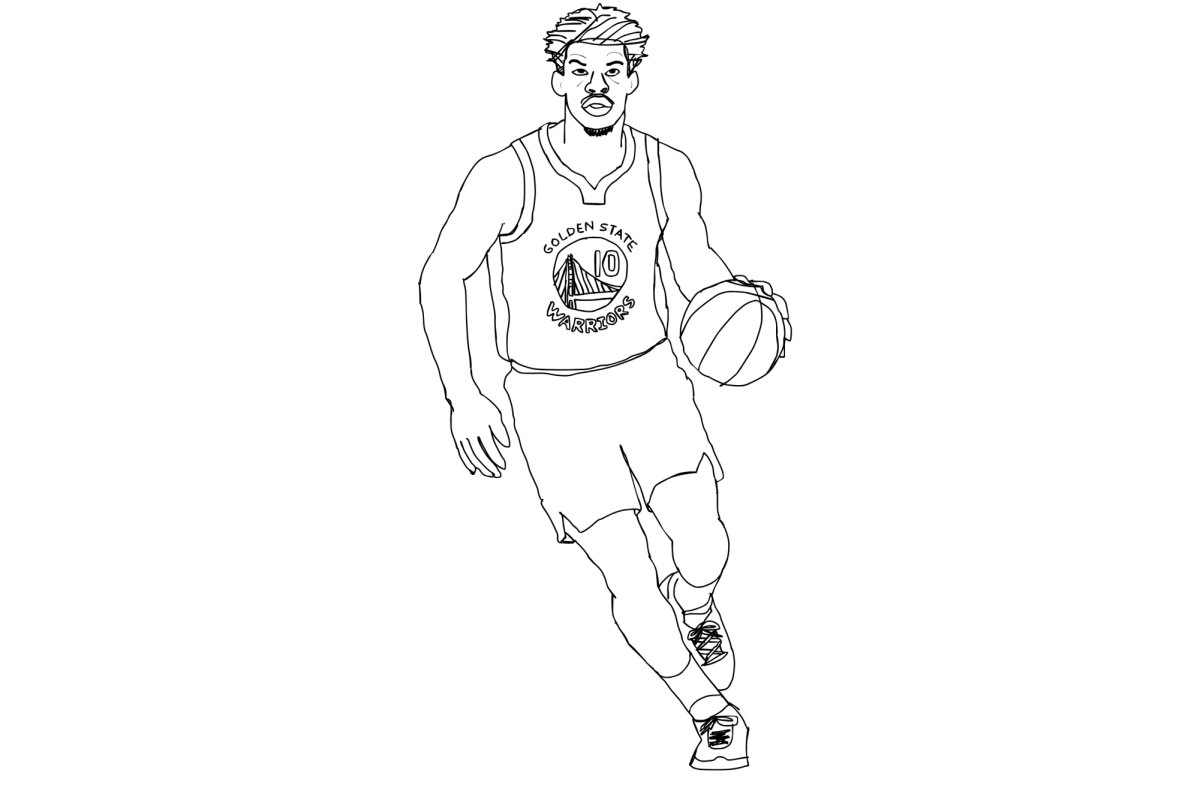



Matheus Honorio • Dec 29, 2021 at 11:38 pm
the part where you talk about preparing the food, it made me feel like crying. I have had OCD since I was a child, and with the pandemic, it got worse. Only God knows how difficult it has been (faith in God and that everything will get better has helped me a lot)
I hope we can get better soon
Marina • Mar 10, 2021 at 11:06 pm
It’s been a year since the pandemic’s shelter-in-place. I’ve always had a low tolerance for dirt, and wash hands more often than the average person. So call it “OCD.” I noticed I’ve gotten more stringent about cleanliness after using the toilet this past year. Before that I was never mindful about which fingers were still clean to use to pull up my pants after wiping following a bowel movement- I guess it was simply intuitive and never had a problem. But now I am very mindful. After a year of “indulgence” in my own home bathroom with the sink right next to the toilet, when in doubt, I could just wash my hands before touching my pants! Not so if I’m in a public restroom. But after one whole year of not using a public restroom, I just can’t remember how I did it (I need 2 clean fingers to pull up my pants, but the thumb- the most useful one- is smeared half of the time.) If only I can remember, I’d tell myself that was normal, and what I’m doing now is abnormal, an OCD behavior. I know this question is really bizarre and embarrassing, but if only someone who practices good hygiene can tell me how you do it, it may bring my memory back!
Gina • Aug 3, 2020 at 8:05 pm
you are the bravest person I’ve ever known. Thank you for being someone who is willing to do your part to make the world a better place. Your ability to put this in a context every reader understands is remarkable.
Katelin • Aug 1, 2020 at 5:56 pm
This is very thought-provoking message that I feel should be spread. As someone who is blessed enough to not have any mental or physical illnesses, I always find it great insight to learn about others’ experiences while facing similar situations. It helps me become a more compassionate person overall as I, too, can view my privilege and learn to be grateful for what my life and consider what others have to go through in order to be a better person. Thank you for this article!